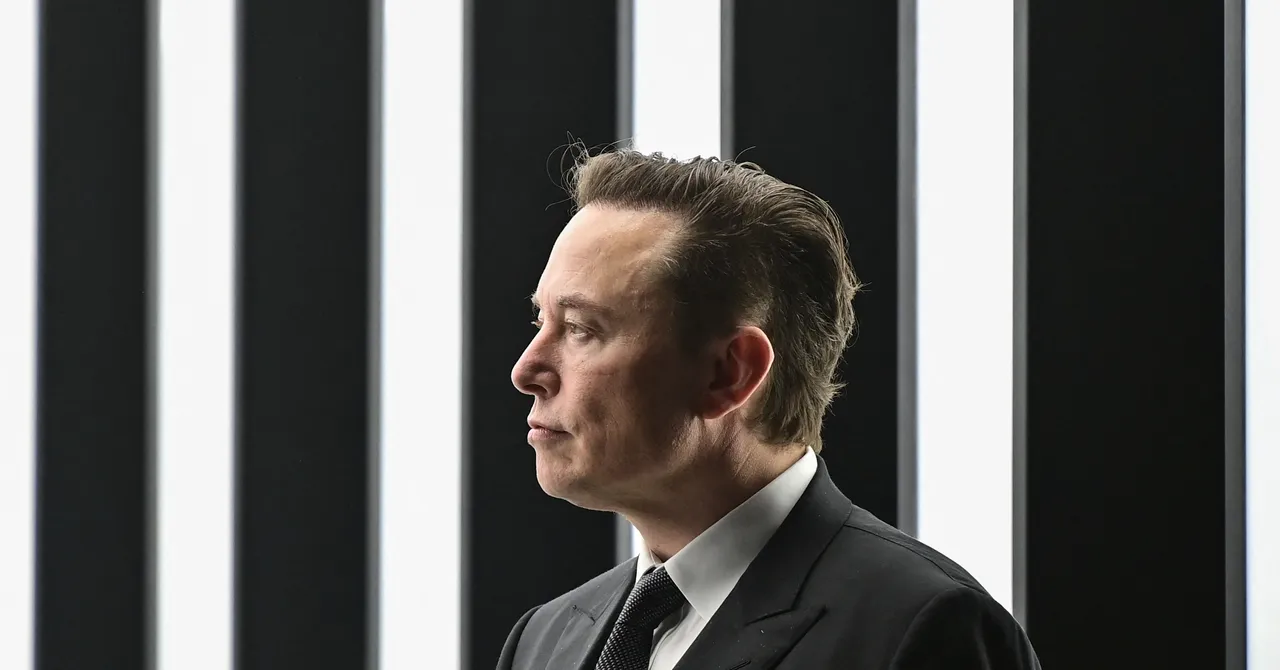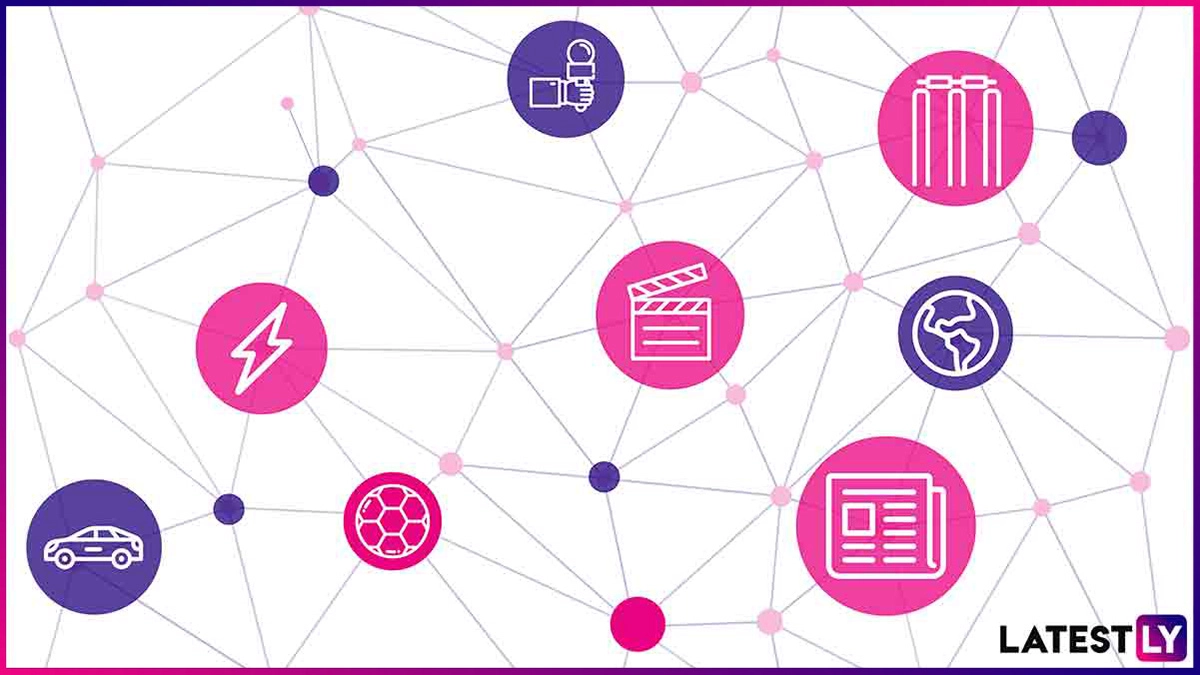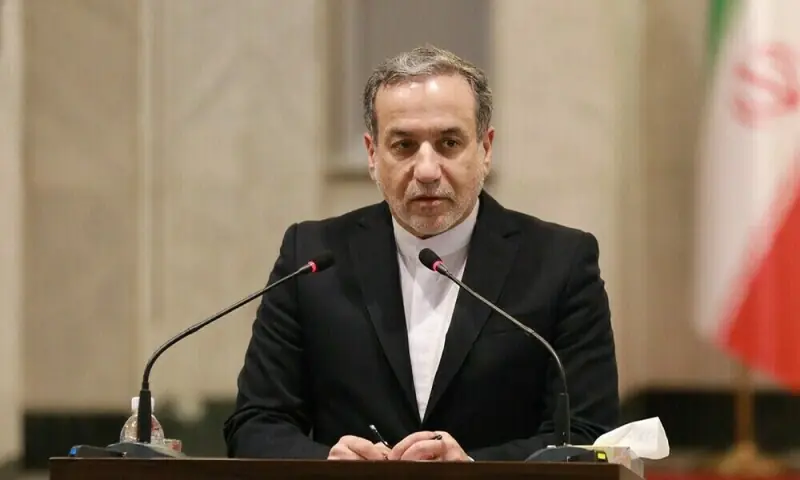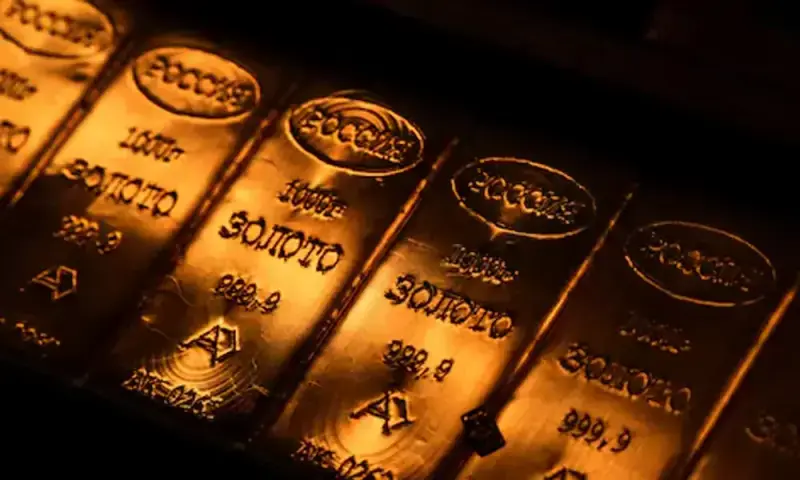Copyright scmp
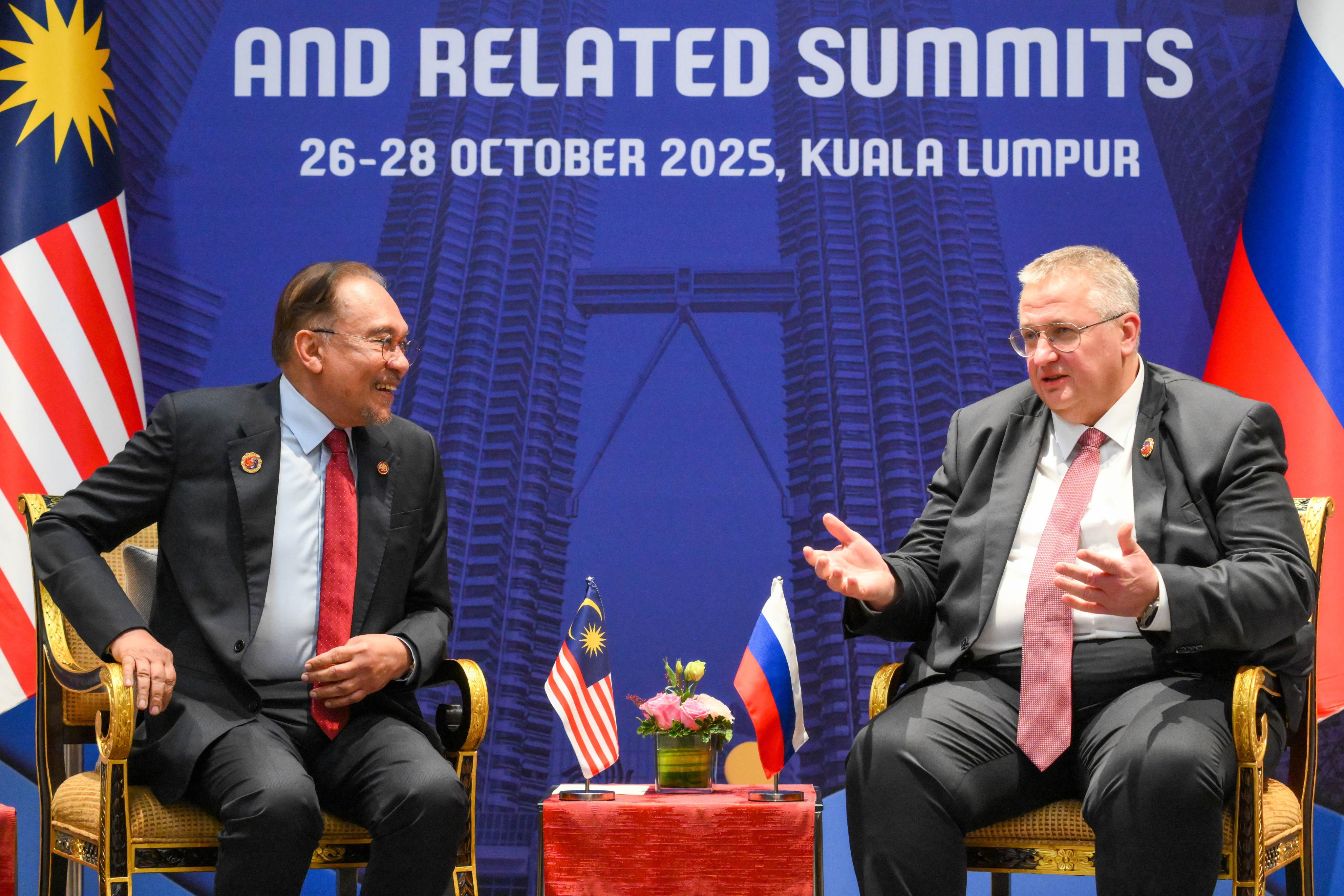
Russia is looking to Southeast Asia for an economic boost after fresh sanctions from the United States hit its energy sector, with a senior minister saying Moscow sees “mutually beneficial” opportunities with Asean in nuclear technology, logistics and trade. Speaking on the sidelines of the Association of Southeast Asian Nations and East Asia summits in Kuala Lumpur on Monday, Deputy Prime Minister Alexey Overchuk said Russia was deepening cooperation with countries such as Malaysia amid what he described as “constant” Western restrictions on its economy. “Our country has been under sanctions probably for the last 125 years,” he told This Week in Asia after talks with Malaysian Prime Minister Anwar Ibrahim. “Sanctions are like the climate – they’ve always existed. [But] we maintain and improve trade and economic relations, [and] we work to strengthen connectivity between regions and organisations like the Eurasian Economic Union and Asean.” The Eurasian Economic Union is a Russia-led trade bloc that also includes Armenia, Belarus, Kazakhstan and Kyrgyzstan, aimed at creating a single market across parts of the former Soviet Union. Russia’s push into Southeast Asia comes just days after Washington under President Donald Trump announced a new wave of sanctions on energy giants Rosneft and Lukoil for refusing to scale back operations in Ukraine. The move has forced Moscow to look for new markets and buyers across the Global South, analysts say, particularly in Asia, where demand for energy and infrastructure remains strong. Russia’s so-called dark fleet – vessels that conceal their flag origins to skirt sanctions and transport cheap oil – has made use of Southeast Asian waters since Moscow’s invasion of Ukraine spurred the US and European Union to try to choke off its oil-reliant economy. But it is a vast and opaque business, with tankers changing status and transshipment of oil in waters far from prying eyes into legitimate cargoes. Bloomberg reported on October 19 that a Russian liquefied natural gas tanker under US sanctions was spotted preparing for a rare open-water fuel transfer off the coast of Malaysia. Overchuk would not be drawn on the allegations of illegal oil transfers. But he said nuclear technology was among the key areas Moscow could offer the region, calling it a “clean, reliable and sustainable” energy source. Russia had “a wealth of experience in nuclear power generation. We work in a lot of countries implementing nuclear power stations … and Asean is part of those initiatives”, he said, citing growing interest in small modular reactors, which Russia was already operating domestically. According to Sputnik, a Russian state-owned news agency, Moscow has offered to assist Malaysia in building large-scale nuclear power plants and modular units, part of an expanded energy partnership discussed during the 20th East Asia Summit. Asean data showed trade with Russia rose 13.2 per cent to US$18.1 billion in 2024, while Russian foreign direct investment into the bloc increased 20.8 per cent to US$474 million. “[Moscow] wants to prove to the West that attempts to isolate [it] on the international stage have failed, and that it still has friends around the world,” Ian Storey, author of Putin’s Russia and Southeast Asia: The Kremlin’s Pivot to Asia and the Impact of the Russia-Ukraine War, published by Singapore’s ISEAS – Yusof Ishak Institute, told This Week in Asia. “[While] its arms sales have dropped off, Russia continues to market military equipment … [and] nuclear-power expertise in the region.”
